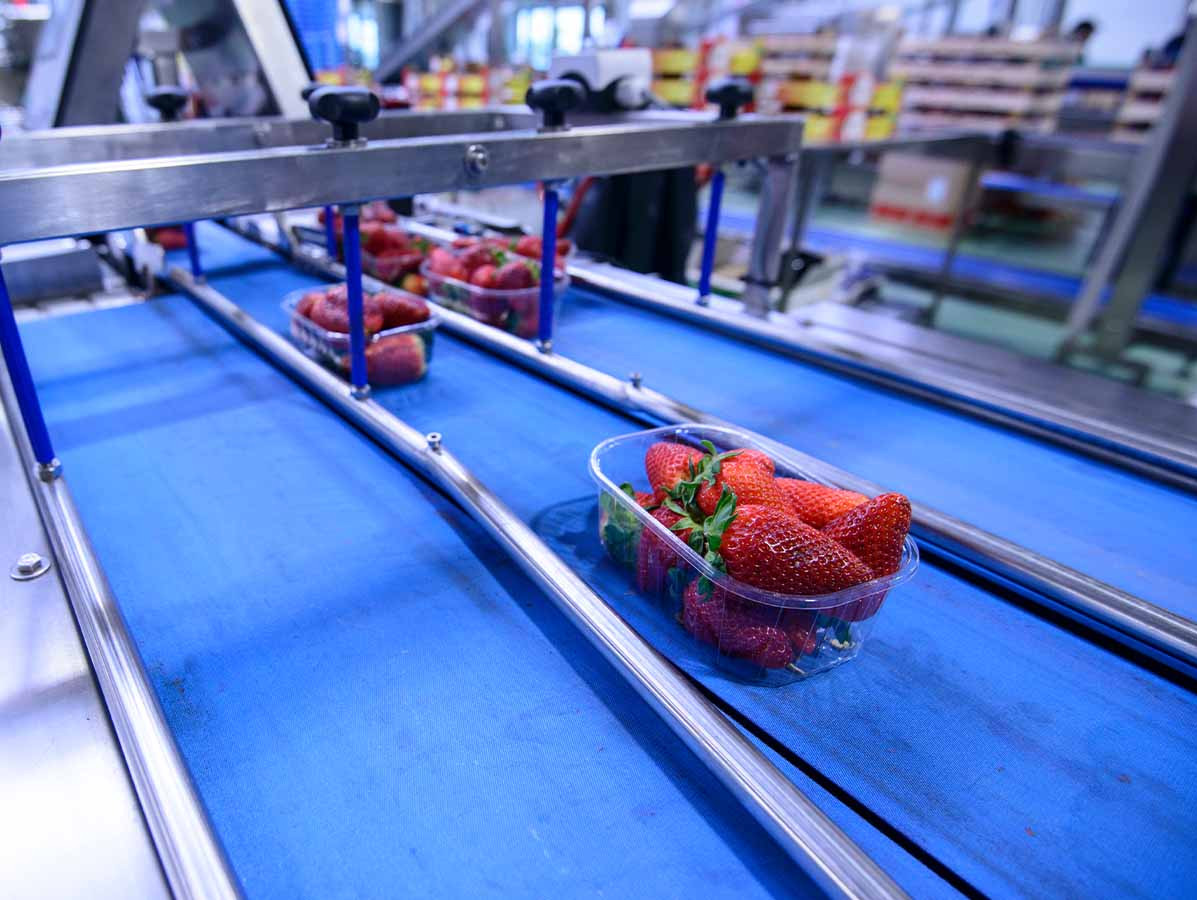
The Dutch food industry has weathered a period of immense challenges, ranging from the impact of the COVID-19 pandemic to energy crises and inflation peaks. Many of these excesses seem to finally be diminishing, but structural challenges such as labor shortages, sustainability, and raw material management remain high on companies' agendas.
The year 2024 marks a change in tone for the food industry, with many of the recent crisis situations starting to recede. The effects of the COVID-19 pandemic are becoming less pronounced, with consumers rediscovering restaurants and production volumes recovering. Additionally, the sharp increases in raw material and energy costs are beginning to level off, although prices remain high.
While many of the acute crises appear to be fading, new challenges are emerging for the food industry. Predictability and costs of raw materials remain volatile, partially due to more extreme weather conditions caused by climate change. Moreover, geopolitical tensions, such as recent attacks in the Red Sea, and structural energy uncertainties continue to affect the sector.
In addition to fluctuating external conditions, food companies are grappling with internal challenges such as labor shortages and sustainability requirements. Finding qualified personnel remains difficult, and the need for sustainability is compelling companies to invest in decarbonization and reporting obligations.
While the food industry is beginning to find stability after turbulent years, both internal and external challenges continue to influence the sector. While production is expected to increase slightly in the second half of 2024, geopolitical and climate-related risks remain a source of uncertainty for the industry, making flexibility and resilience essential for companies to adapt to an evolving landscape of challenges and opportunities.
Source: ABN AMRO